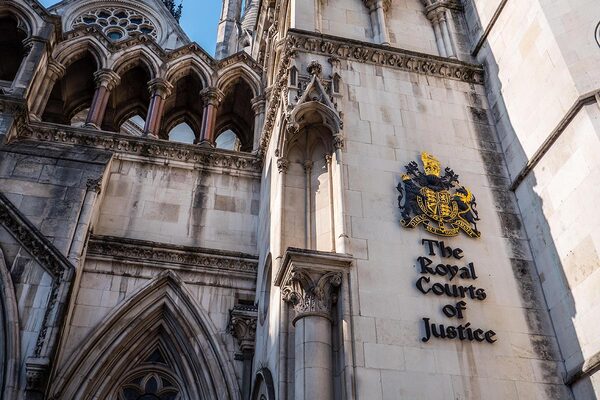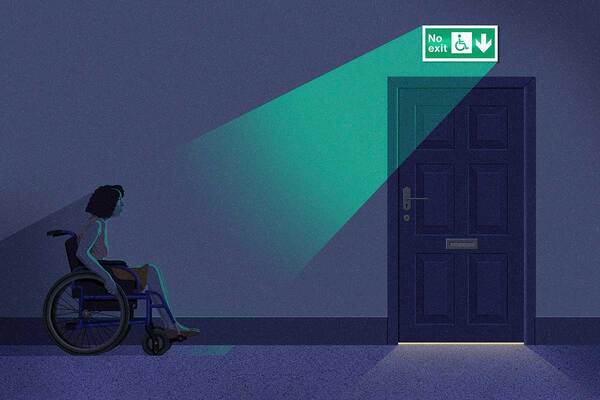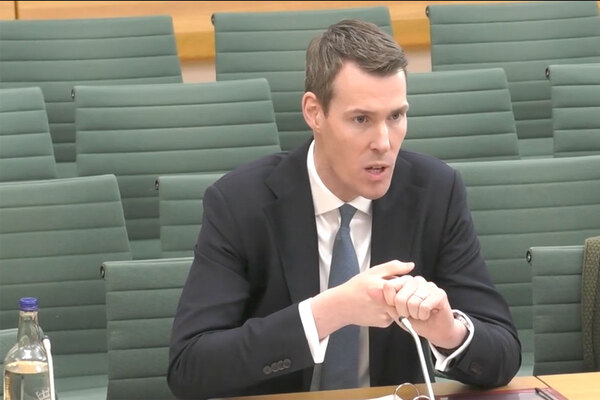Government to introduce personal evacuation plans for disabled residents
The government is planning to introduce personal emergency evacuation plans (PEEPs) for disabled residents, five years after they were recommended by the first Grenfell Tower Inquiry report.

Rushanara Ali, the building safety minister, confirmed in a statement to parliament on 2 September that plans for “residential PEEPs” would be brought forward by the Home Office in the autumn.
Under the plans, residents with disabilities and impairments will be entitled to a “person-centred risk assessment” to identify appropriate equipment and adjustments to aid their fire safety or evacuation.
They will also be entitled to a residential PEEPs statement that records what vulnerable residents should do in the event of a fire.
Ms Ali said the government “has committed funding next year to begin this important work by supporting social housing providers to deliver residential PEEPs for their renters”.
Future years’ funding will be confirmed at the upcoming Spending Review on 30 October, she added.
PEEPs for all disabled residents in high-rise buildings were recommended in the phase-one report of the Grenfell Tower Inquiry in 2019. A total of 15 of the 72 victims of the Grenfell fire were disabled, none of whom had been provided with PEEPs.
The previous Conservative government said in a consultation document in May 2022 that it was not “proportionate” to follow the PEEPs recommendation and that it would continue to depend on ‘stay put’ advice in most buildings.
In her statement, Ms Ali said the government would update building regulations to mandate sprinklers in new care homes and complete the withdrawal of the “outdated” national classes fire testing standards in favour of the “more robust” European standard.
She also said that ministers would “consider further” the inquiry’s recommendation for evacuation alert systems, or ‘sounders’, to be fitted in existing buildings.
Sounders are now required to be fitted in new buildings over 18 metres tall under building regulations, but this does not apply to existing buildings.
Finally, Ms Ali stated that the evidence presented to the inquiry had revealed “the scale of concern” about construction products, and that the system that oversees them “remains inadequate”.
She said the government would extend the CE (Conformité Européenne) mark when placing construction products on the market across the UK. The recognition of CE marking had been set to end in June 2025.
Ms Ali explained that there was currently “insufficient testing and certification capacity” in the UK to provide the volume of conformity assessment that would be required were CE recognition to end.
She added that ending recognition of CE marking without reforming the domestic regime would “create trade barriers and negatively affect the supply of products that meet recognised standards”.
The previous government’s decision not to introduce PEEPs sparked a High Court judicial review by the Cladding Leaseholder Disability Action Group in late 2022. The judge ruled the government’s choice was a “political decision” that ministers were entitled to make.
Sign up for our fire safety newsletter
Already have an account? Click here to manage your newsletters











